Whales could be worth $1 trillion in the fight against climate change, according to economists

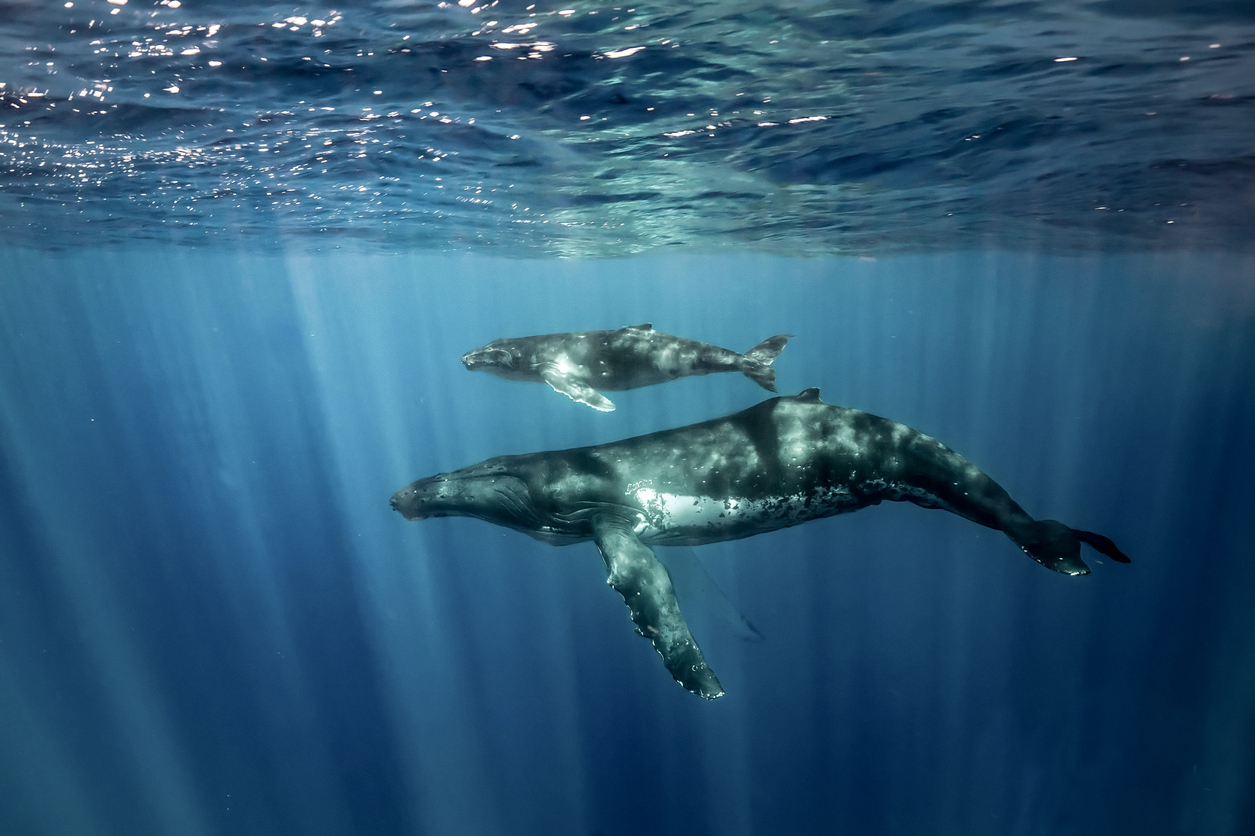
A free daily email with the biggest news stories of the day – and the best features from TheWeek.com
You are now subscribed
Your newsletter sign-up was successful
Economists want you to save the whales.
In an analysis from the International Monetary Fund, great whales are estimated to be worth $2 million each — $1 trillion total — in the fight against climate change. In other words, one whale is worth thousands of trees.
Great whales combat climate change by capturing carbon. The nutrients in whale excretion stimulate the growth of photosynthesizing algae, which take carbon from the air, reports National Geographic. Whales also capture carbon by harboring it in their fat. Then, when they die, the carbon stays in their body on the sea floor, removed from the atmospheric cycle for hundreds to thousands of years.
The Week
Escape your echo chamber. Get the facts behind the news, plus analysis from multiple perspectives.

Sign up for The Week's Free Newsletters
From our morning news briefing to a weekly Good News Newsletter, get the best of The Week delivered directly to your inbox.
From our morning news briefing to a weekly Good News Newsletter, get the best of The Week delivered directly to your inbox.
Economists concluded the monetary value by applying the market price of carbon dioxide to the whales' carbon capture, and included economic benefits of the creatures such as ecotourism, per National Geographic.
There are currently about 1.3 million great whales, but if they were protected and restored to their pre-commercial whaling numbers of 4-5 million, economists estimate they could capture more carbon dioxide each year than the annual emissions of Brazil.
But even that just scrapes the surface of annual global carbon emissions, and economists say the concept should not be oversold. "It's not like we save the whales and we save the climate," Steven Lutz of GRID-Arendal, a foundation that works with the United Nations Environment Program, told National Geographic.
The framework of the analysis is intended to start a conversation with policymakers who "don't buy into saving animals for the sake of animals," said the lead economist, Ralph Chami. Read more at National Geographic.
A free daily email with the biggest news stories of the day – and the best features from TheWeek.com
Taylor Watson is audience engagement editor for TheWeek.com and a former editorial assistant. She graduated from Syracuse University, with a major in magazine journalism and minors in food studies and nutrition. Taylor has previously written for Runner's World, Vice, and more.
-
 6 of the world’s most accessible destinations
6 of the world’s most accessible destinationsThe Week Recommends Experience all of Berlin, Singapore and Sydney
-
 How the FCC’s ‘equal time’ rule works
How the FCC’s ‘equal time’ rule worksIn the Spotlight The law is at the heart of the Colbert-CBS conflict
-
 What is the endgame in the DHS shutdown?
What is the endgame in the DHS shutdown?Today’s Big Question Democrats want to rein in ICE’s immigration crackdown
-
 Death toll from Southeast Asia storms tops 1,000
Death toll from Southeast Asia storms tops 1,000speed read Catastrophic floods and landslides have struck Sri Lanka, Indonesia, Thailand and Malaysia
-
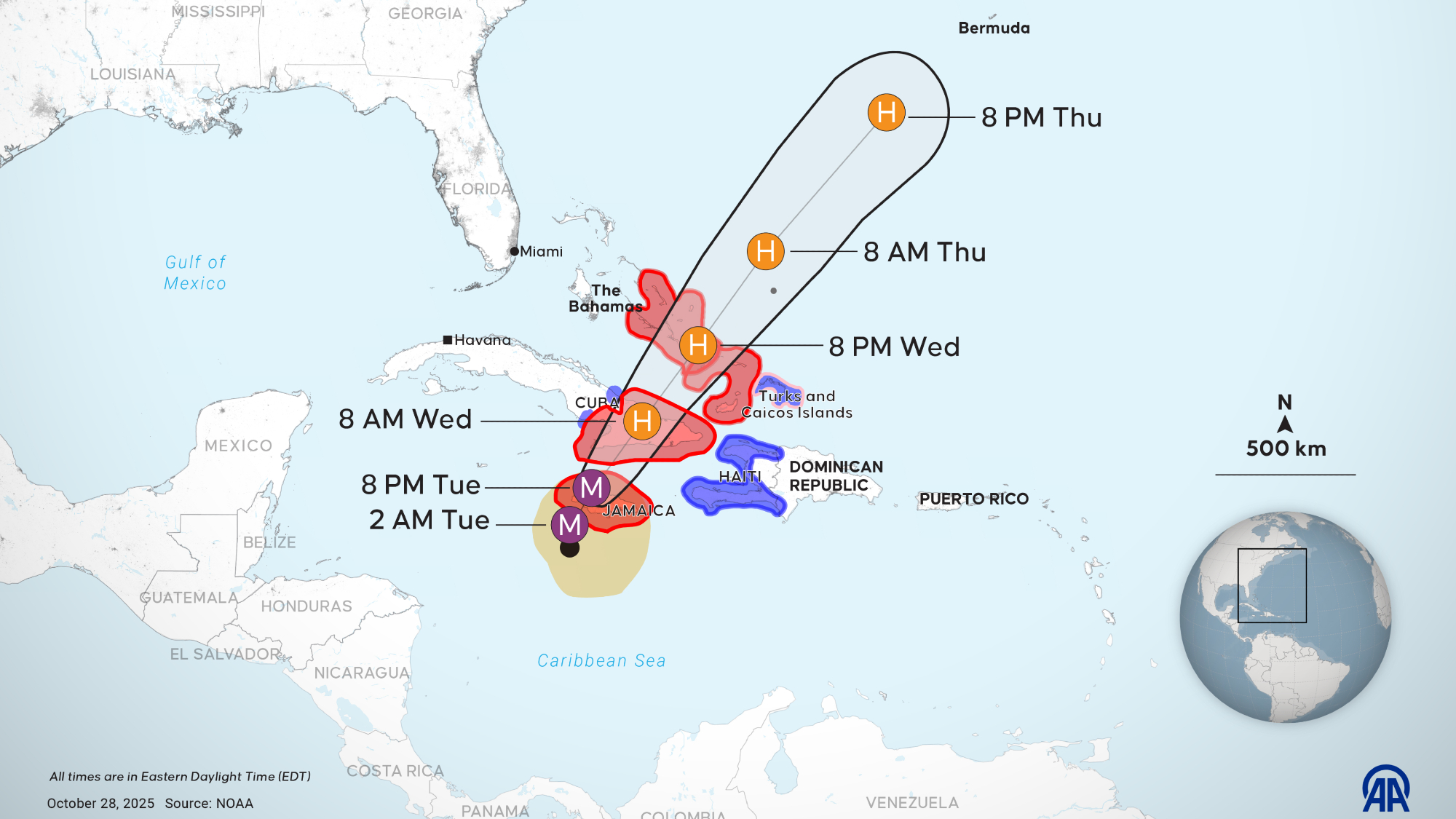 Hurricane Melissa slams Jamaica as Category 5 storm
Hurricane Melissa slams Jamaica as Category 5 stormSpeed Read The year’s most powerful storm is also expected to be the strongest ever recorded in Jamaica
-
 Renewables top coal as Trump seeks reversal
Renewables top coal as Trump seeks reversalSpeed Read For the first time, renewable energy sources generated more power than coal, said a new report
-
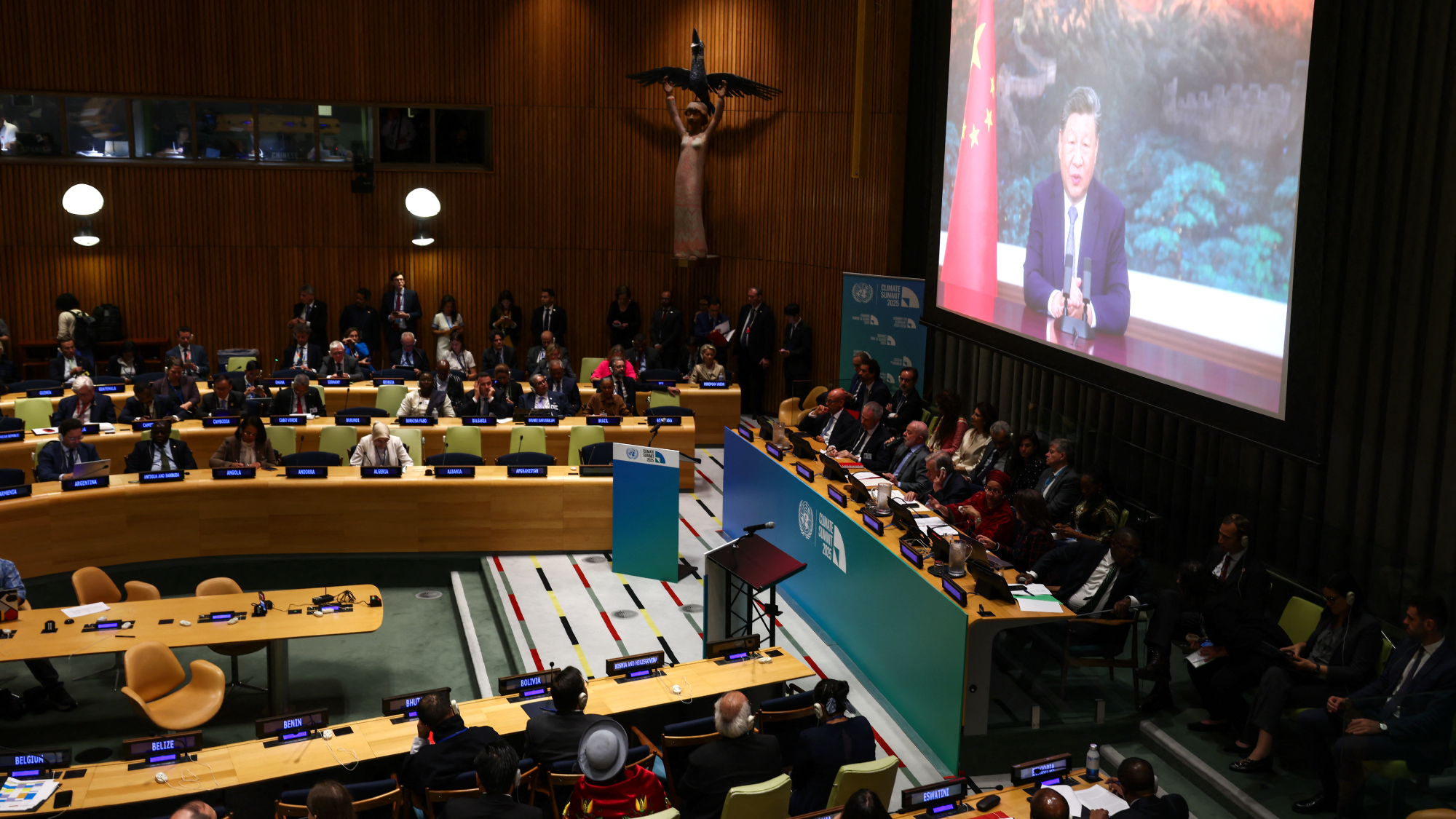 China vows first emissions cut, sidelining US
China vows first emissions cut, sidelining USSpeed Read The US, the world’s No. 2 emitter, did not attend the New York summit
-
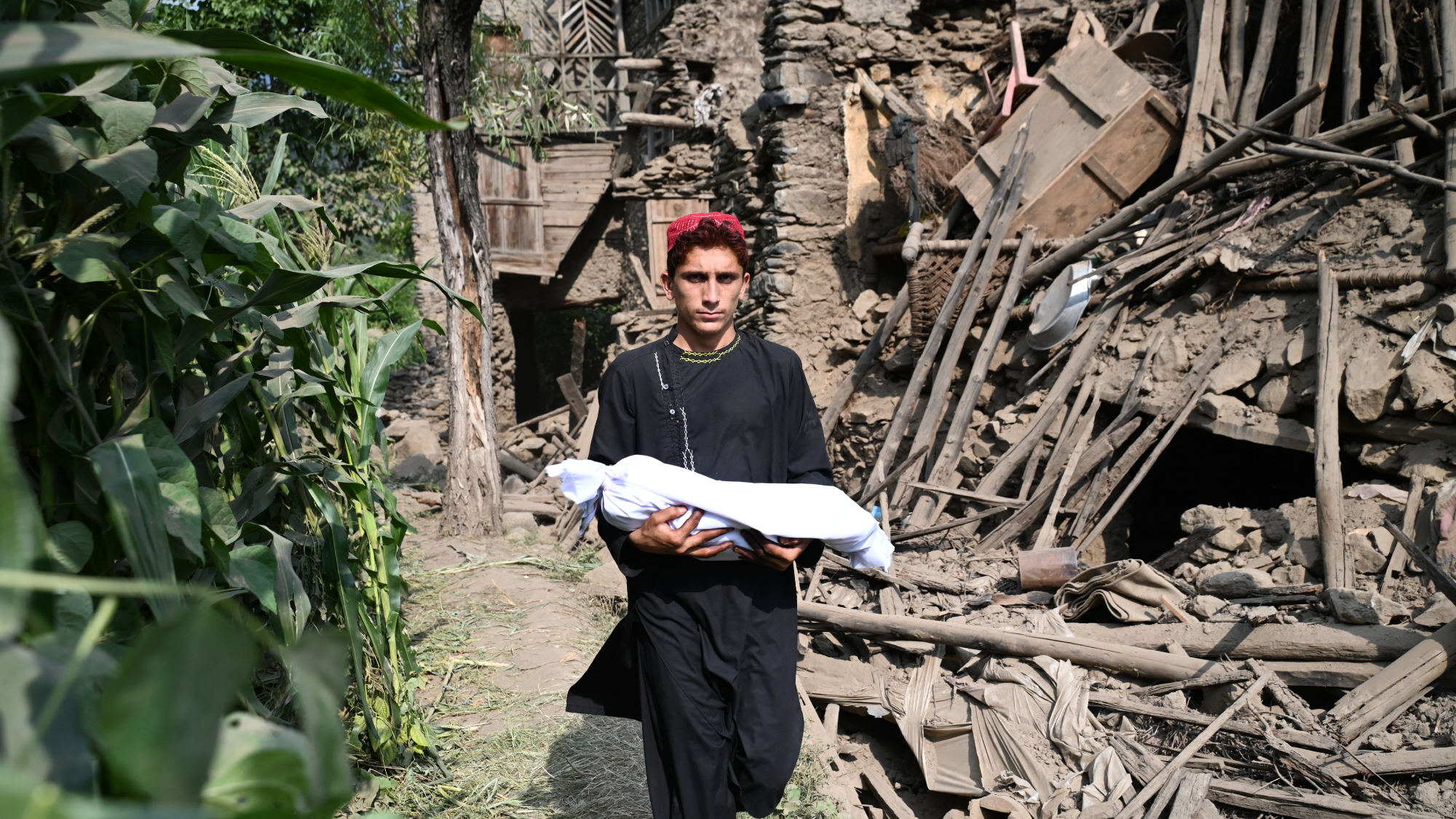 At least 800 dead in Afghanistan earthquake
At least 800 dead in Afghanistan earthquakespeed read A magnitude 6.0 earthquake hit a mountainous region of eastern Afghanistan
-
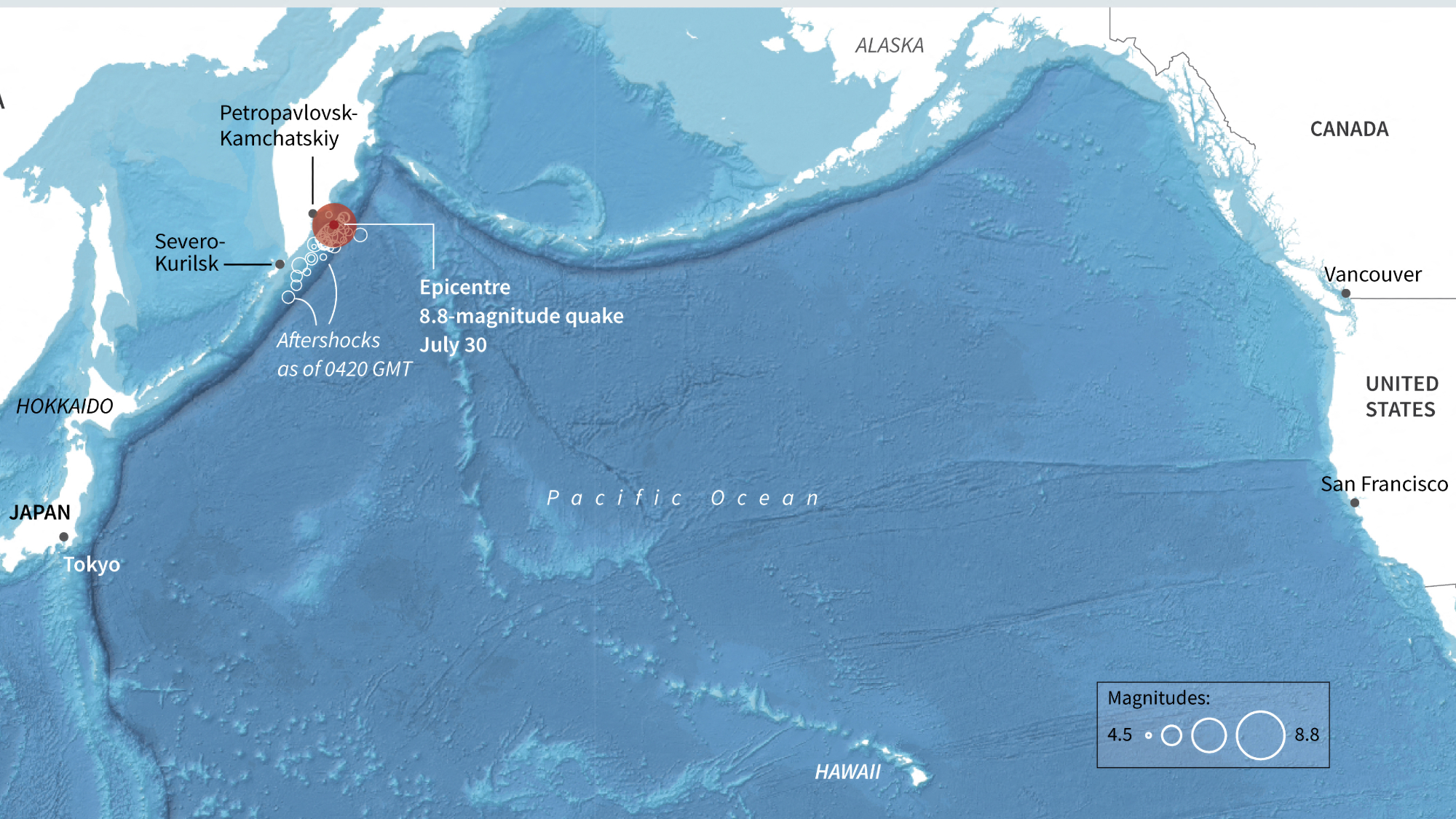 Massive earthquake sends tsunami across Pacific
Massive earthquake sends tsunami across PacificSpeed Read Hundreds of thousands of people in Japan and Hawaii were told to evacuate to higher ground
-
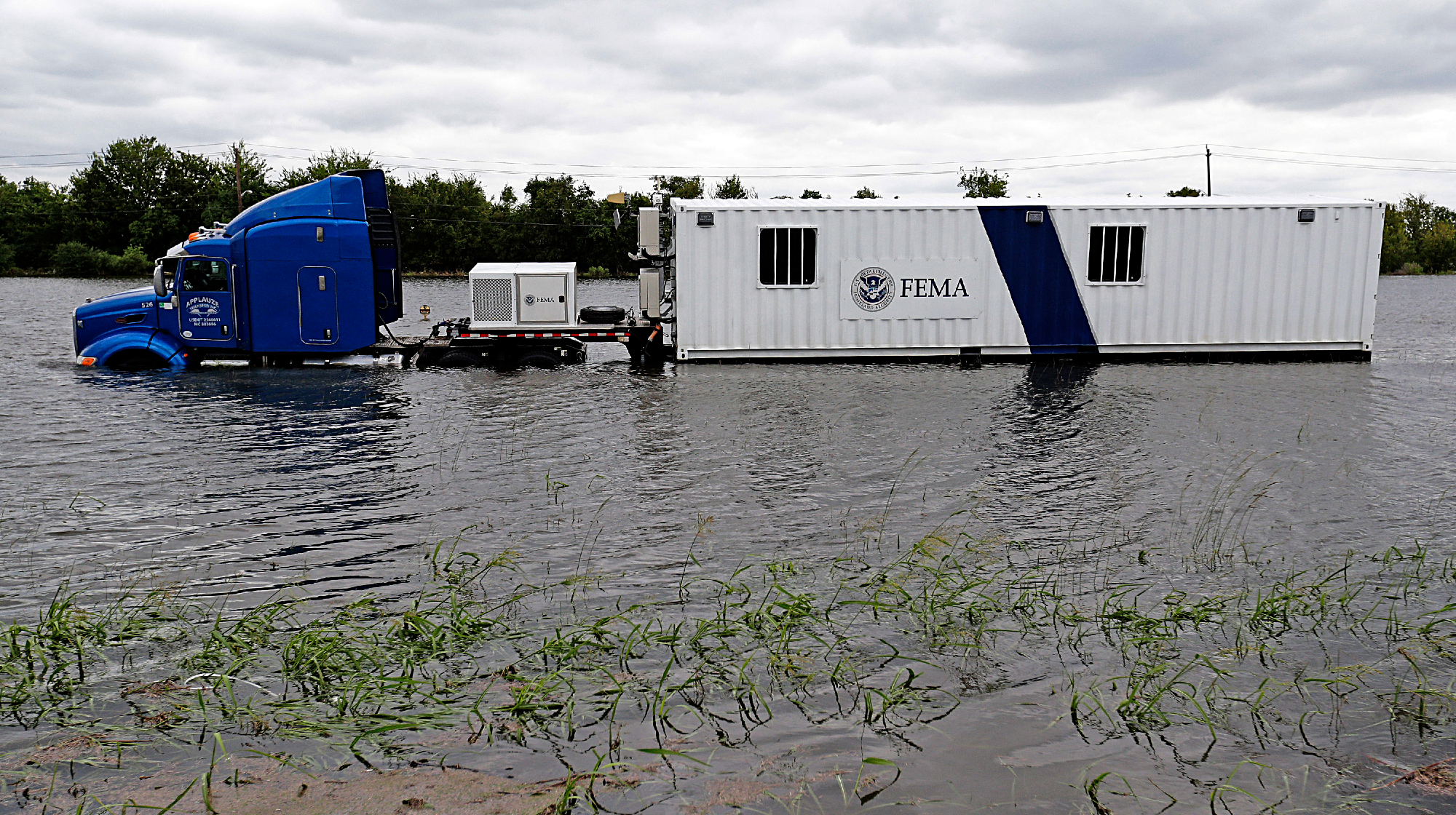 FEMA Urban Search and Rescue chief resigns
FEMA Urban Search and Rescue chief resignsSpeed Read Ken Pagurek has left the organization, citing 'chaos'
-
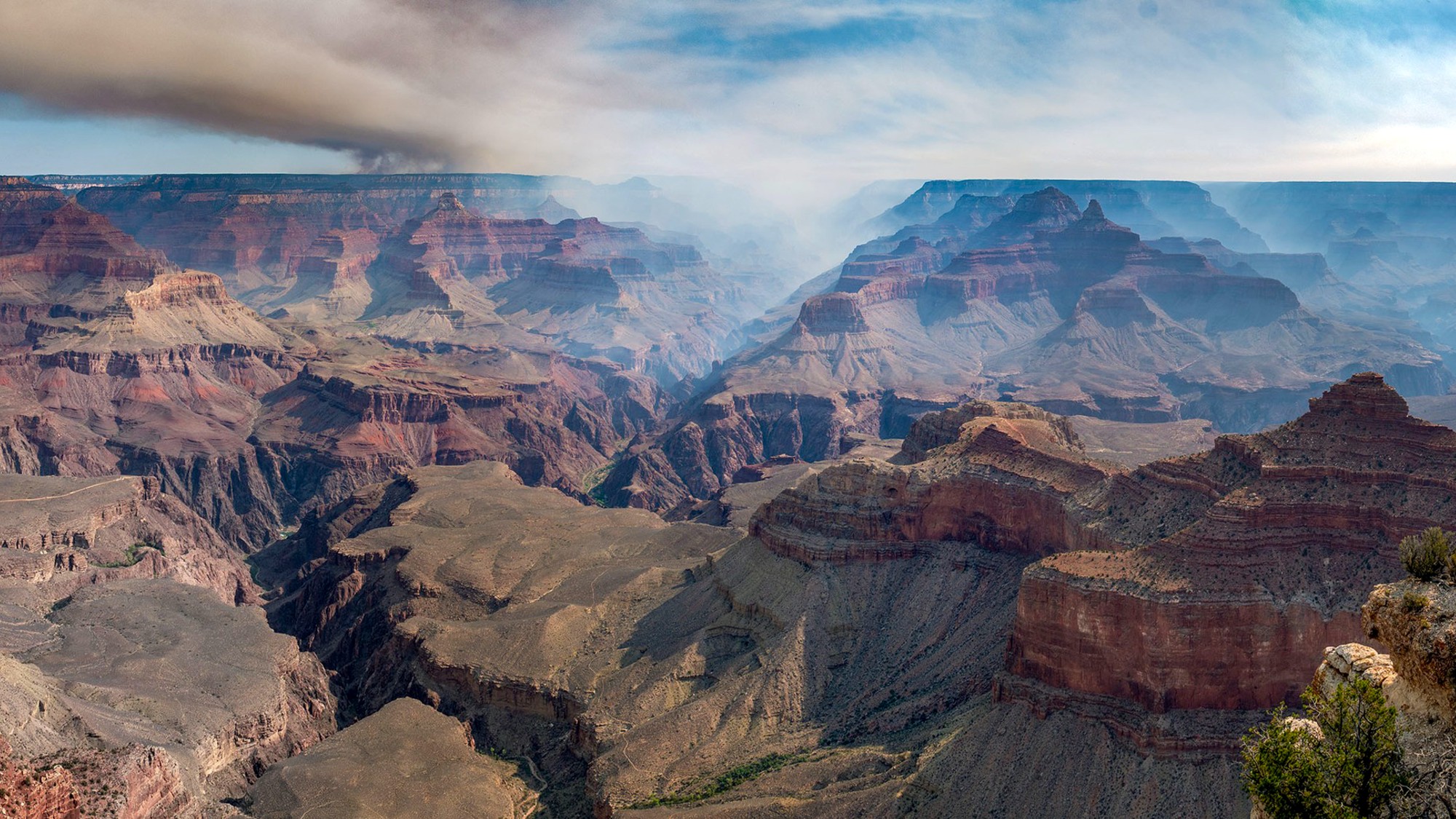 Wildfires destroy historic Grand Canyon lodge
Wildfires destroy historic Grand Canyon lodgeSpeed Read Dozens of structures on the North Rim have succumbed to the Dragon Bravo Fire
